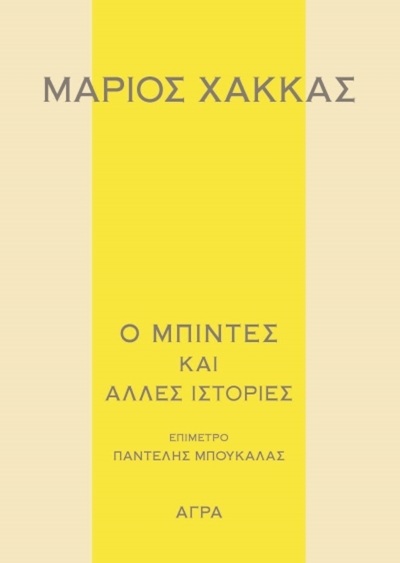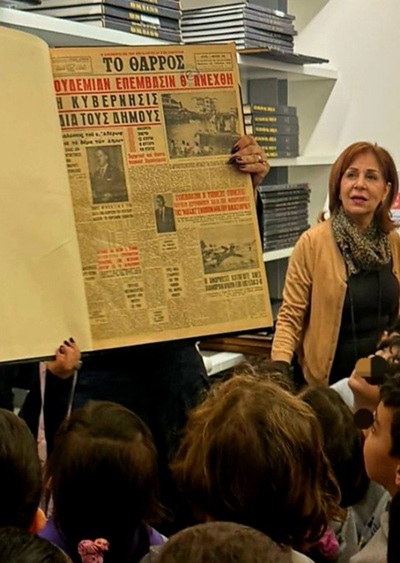
This monographic study is the eleventh volume of the Greek and Roman law sources and History Studies series, and examines the civil transition from Roman Respublica to Principatus.
The fall of Respublica through the gradual inactivation of its institutions is approached as a process of progressively intensifying appropriation of the state by individuals who play a leading role in the political scene of Rome. With the help of linguistic analysis, the author is slowly weaving the semantic field and conceptual network of patria iuris. Through an anthropological approach of law, the central position of this concept in the mental representations and symbolisms of state institutions during the last century of Respublica is illuminated. According to Fr. Patria iuris is the mental representation of Rome as a territorial and social symbol of Respublica, that is, the territorial symbol par excellence of the idea of the public and at the same time the political identity of every Roman. However, as the crisis of the state institutions intensifies, this idea slides symbolically towards the area of private law, with the main vehicle in the form of pater patriae. The fall of Respublica results as an absorption of patria iuris by the pater patriae-ruler, who thus becomes a Catholic father of the Roman people, with the inextricable but well-established already from the archaic ERA over-powers of pater familias.
Series: sources and studies of the history of Greek and Roman Law No. 11
* Constantinos G. Vlachos is an assistant professor of Law School auth.







Leave A Comment